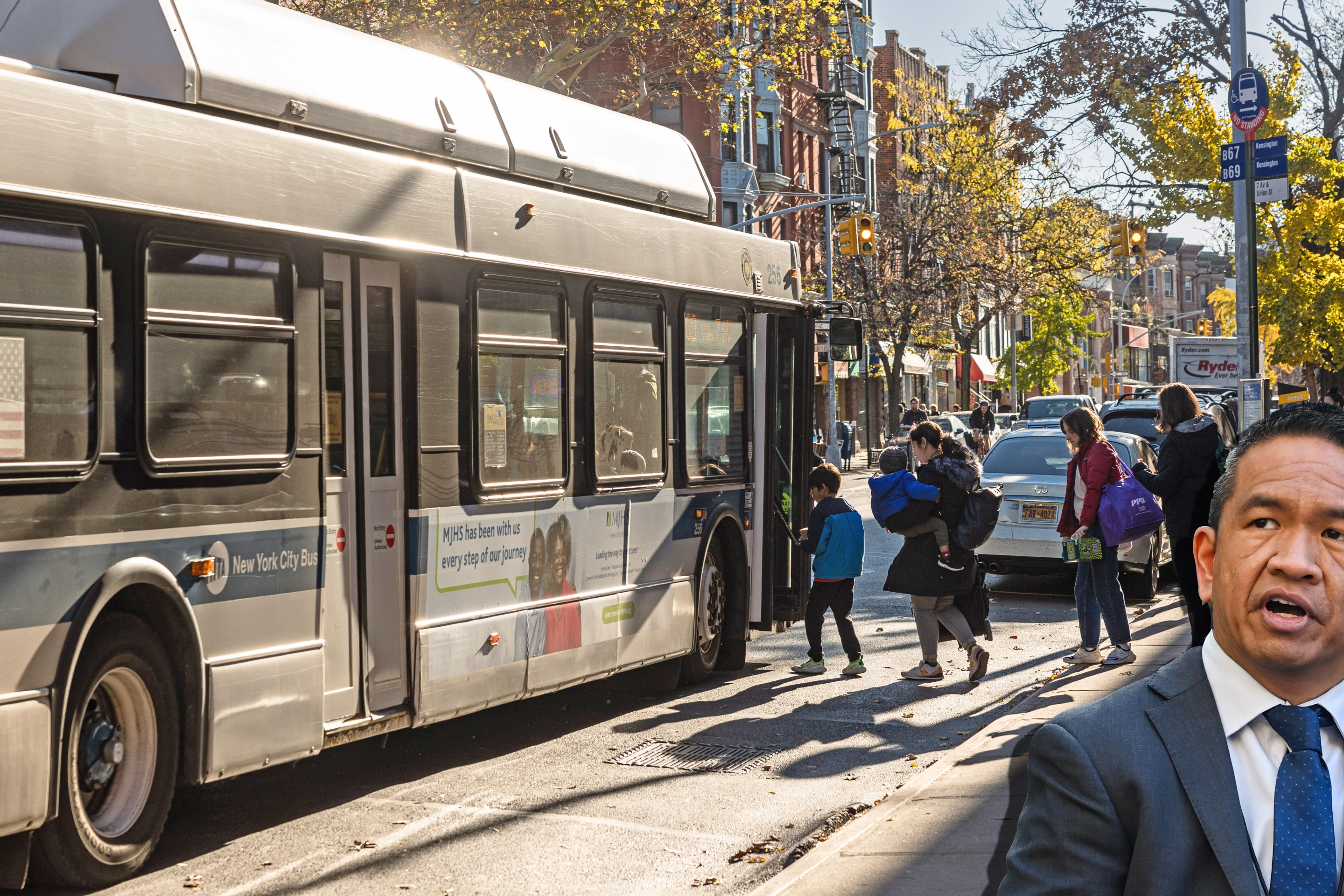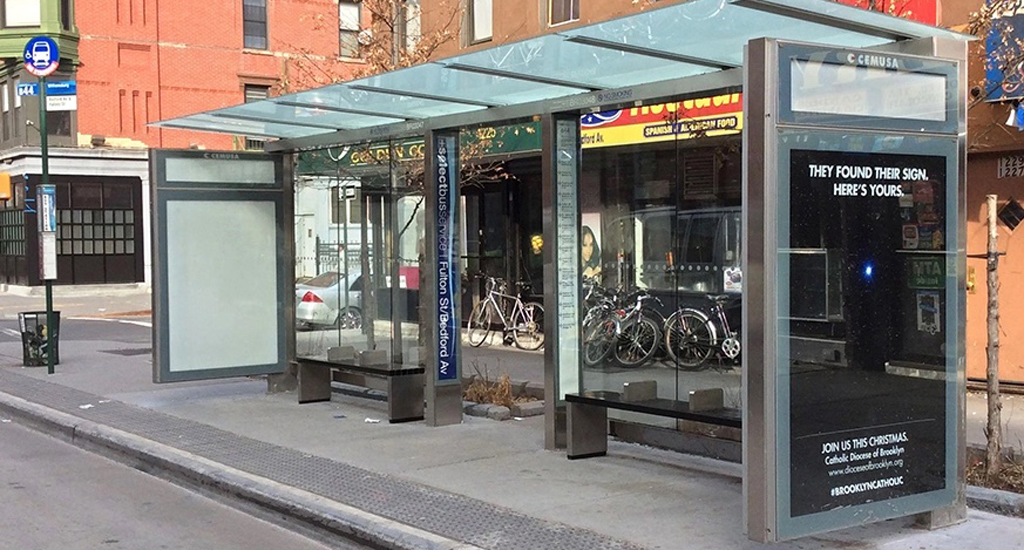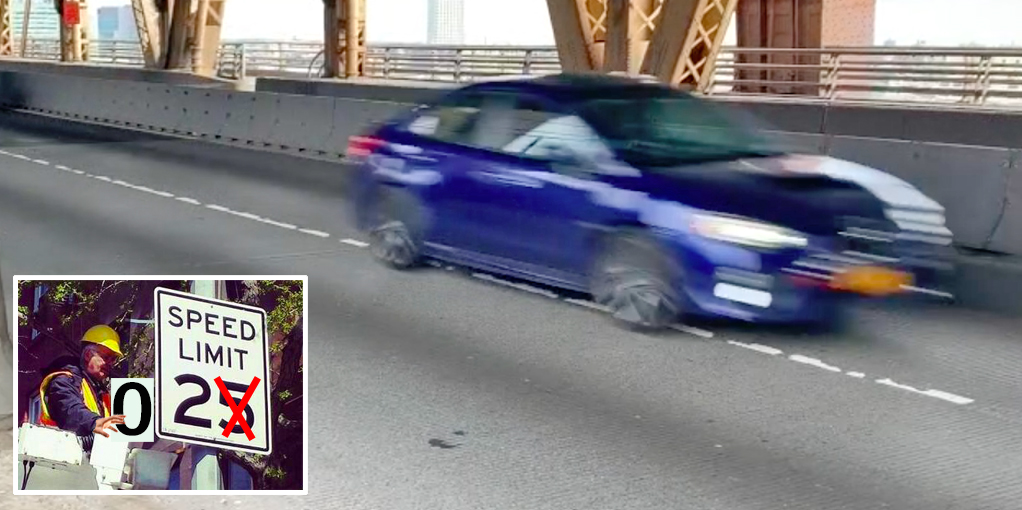The evidence keeps mounting that smart parking policy is an essential tool in the fight to curb traffic. A new study of two German neighborhoods indicates that managing the supply of parking can make streets more livable, even in places that already have great infrastructure for transit, walking, and biking. Eliminating mandatory parking minimums, the data shows, plays an essential role in reducing driving.
The new research comes from Freiburg, the city at the center of Germany's environmental movement and the national leader in energy efficiency, water conservation, and green industry. Freiburg has built 160 km of separated bike routes, banned cars from the city center, and attained an automobile mode-share about half the national average. So when the city started booming in the 1990s, planners made sure to channel its growth as sustainably as possible. The result was two "eco-suburbs" -- the neighborhoods of Rieselfeld and Vauban, which are the subject of a study published this month by Andrea Broaddus, a Ph.D. student at UC Berkeley's urban planning department.
Both Rieselfeld and Vauban consist entirely of walkable, mixed-use development. Each benefit from rail and bus transit, significant investments in bike paths and bike parking, 30 kph speed limits, and a road network that limits space for cars. Although Rieselfeld and Vauban are small, with about 10,000 and 5,000 residents, respectively, they have absorbed a generation's worth of growth in Freiburg, according to Broaddus.
There's just one big difference between the two neighborhoods: parking.
In Rieselfeld, underground parking lots were built to comply with a German national law, on the books since 1939, that requires the construction of one off-street parking space for each new residential unit. Housing became more expensive because prices absorbed the costs of parking. On-street parking remained free.
Over in Vauban, committed local activists fought to reduce the amount of parking, over the objections of a skeptical city and risk-averse banks. The eventual compromise required all residents to pay for the land that their parking space would occupy, but gave car-free households the option of giving it to a land bank instead of using it for parking. The households who opted out of parking now use that land for barbecues and soccer games. They also didn't have to pay for parking construction, saving 13,300 Euros on the price of their houses. In addition, on-street parking in Vauban is scarce and metered.
The divergence in parking policy has made quite a difference. While Rieselfeld has one of the lowest rates of car-ownership in Germany, with 0.29 cars per person, Vauban has even fewer autos, with 0.17 cars per person. That translates into more cycling and less driving in Vauban, where automobile mode-share is five percent smaller than in Rieselfeld.
Broaddus's findings and methodology echo the conclusions of "Guaranteed Parking -- Guaranteed Driving" -- the 2008 report from Transportation Alternatives that demonstrated how the availability of parking spaces at home leads more Jackson Heights residents to drive compared to Park Slope residents.
The fact that most New Yorkers have access to good transit options and walkable street grids should be all the more reason to pursue a coherent parking strategy. Even in places that have seemingly adopted livable streets principles across the board, parking policy is still a powerful lever to make transportation
safer and more sustainable.





